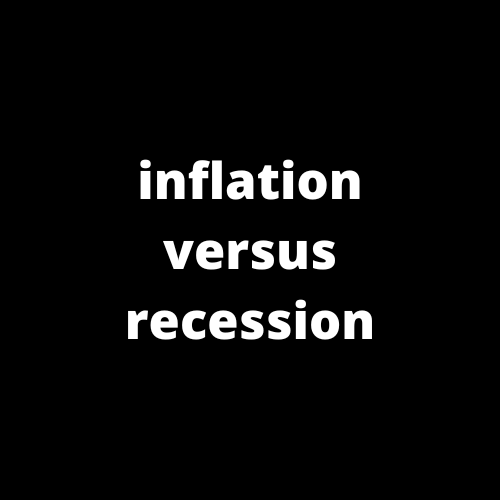The Coase Theorem Explained
The Coase Theorem
Introduction to the Coase Theorem
The Coase Theorem, named after Ronald Coase, is an economic theory that discusses the allocation of resources in the presence of externalities. It suggests that in certain cases, private parties can negotiate and achieve optimal outcomes without intervention from the government.
Understanding the Concept
The fundamental idea behind the Coase Theorem is that property rights and low transaction costs are key factors in enabling private individuals to collectively solve externalities among themselves. By assuming well-defined property rights, including the recognition of ownership over unusable resources, parties can reconcile conflicts without interference. Externalities refer to costs or benefits imposed on third parties as a result of economic activities of other individuals.
Important Assumptions of the Coase Theorem
- Limited transaction costs at the negotiating table
- Clearly defined property rights
- Rationality of economic agents
- No significant impediments or power dynamics that hinder the negotiation process
Coase Theorem in Practice
The Coase Theorem has practical applications in various fields. It helps economists and policymakers analyze real-world scenarios like the allocation of air pollution rights, negotiation of noise pollution between neighbors, and distribution of natural resources. By focusing on efficient negotiations and voluntary solutions, the Coase Theorem offers a powerful framework to explore market-driven solutions to externalities.
Criticism of the Coase Theorem
While the Coase Theorem has deep-rooted economic insights, it does not always provide applicable solutions to all situations. Critics argue that in reality, transaction costs may not be small enough, property rights can be ambiguous, and negotiations may be asymmetrical or influenced by power disparities. Furthermore, the Coase Theorem assumes the highest bidder avails a valuable resource, which neglects multiple constraints in the real world.
Conclusion
The Coase Theorem revolutionized economists' understanding of how market-driven negotiations can address and internalize externalities. While it serves as a valuable benchmark and framework to analyze various scenarios, practical considerations and real-world complexities sometimes limit its applicability. However, the Coase Theorem continues to be an influential concept for policymakers and economists alike.


